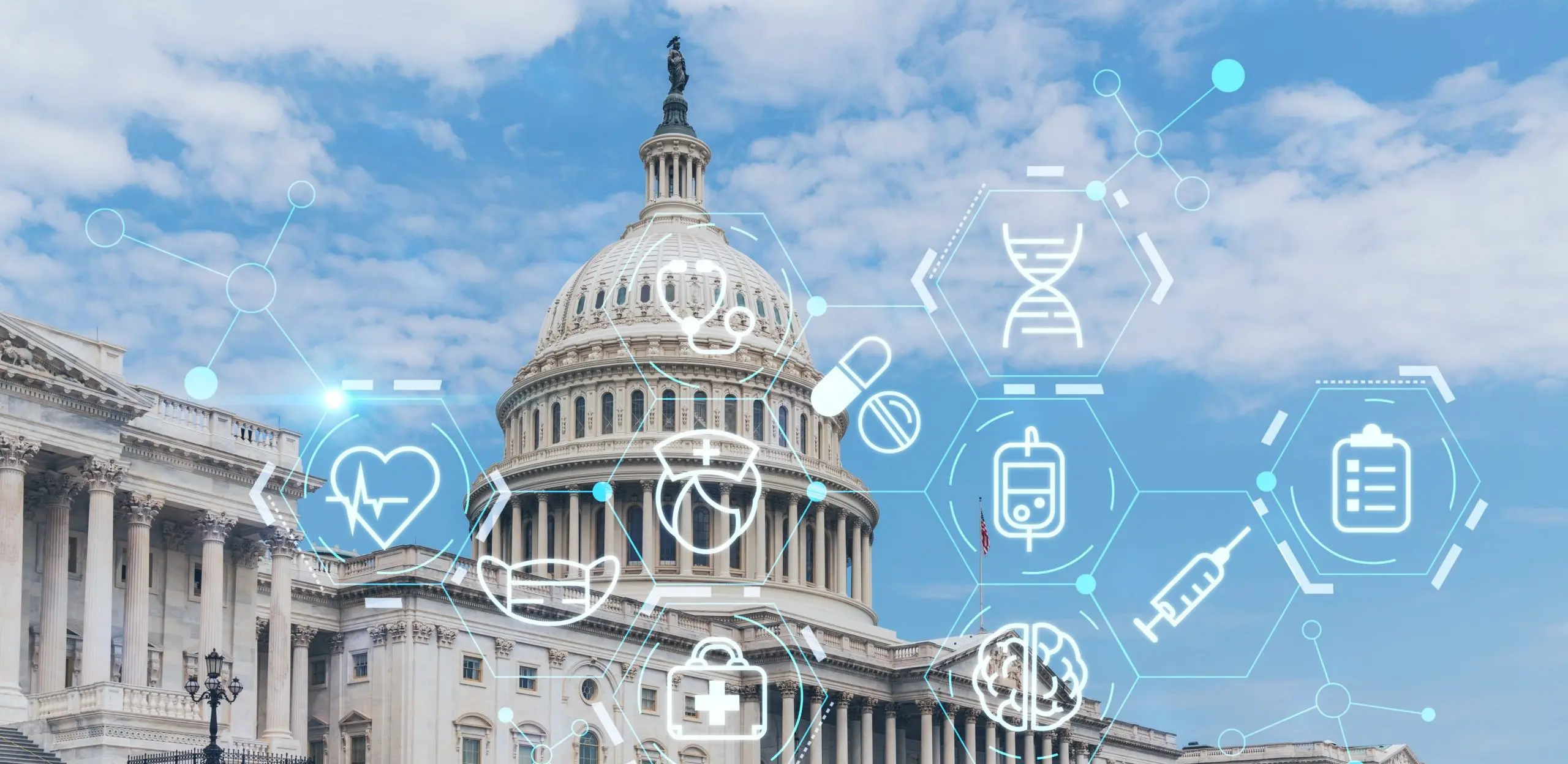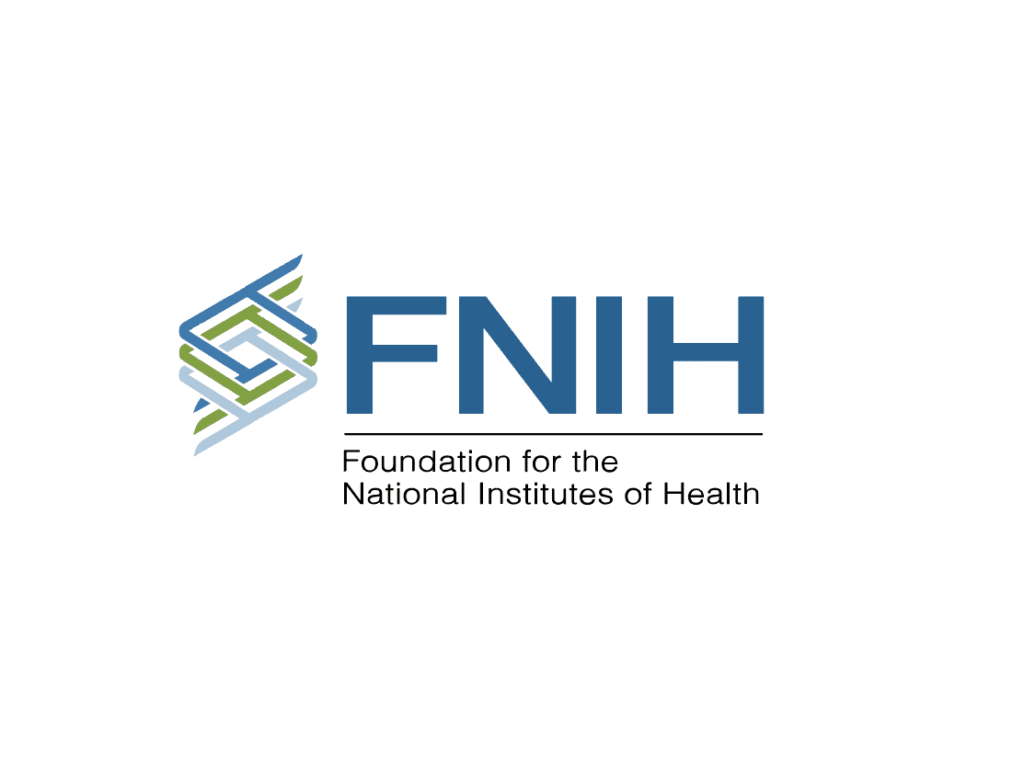

Pathway to PAHPA Reauthorization
August 2, 2023
By: Allen Pinn, Coordinator, Policy
Introduction
For many individuals, the term pandemic has become embedded in our lexicon since the COVID-19 Public Health Emergency. However, for congressional leaders, pandemic has been widely used in their vocabulary since the first authorization of the Pandemic and All-Hazards Preparedness Act (PAHPA) in 2006. In the aftermath of Hurricane Katrina, Congress passed PAHPA to ensure better coordination by the federal government in response to public health emergencies and disasters. Since its first iteration, PAHPA has been reauthorized every five years — once in 2013 and again in 2019 — in a typically bipartisan manner; the current iteration of PAHPA expires on September 30 of this year. However, due to highly partisan disagreements over the handling of the COVID-19 pandemic, what once was a routine reauthorization has turned into a complicated pathway for approval.
Below are summaries of the House and Senate versions of PAHPA.
House Version
Earlier this month, the House Energy and Commerce Committee passed their version of PAHPA along party lines in a vote of 28-23. The House version of PAHPA, H.R. 4220 Preparedness and Response Reauthorization Act and H.R. 4221 Preparing for All Hazards and Pathogens Reauthorization Act (notably missing the word pandemic) would both be used to reauthorize previous PAHPA programs. A significant point of contention in the legislation is how drug shortages are addressed. Throughout a hearing on July 13, Energy and Commerce Democrats urged for measures to address drug shortages, however Republican leadership echoed their stance that drug shortages are irrelevant to PAHPA and should be addressed in a separate package. Other significant points of contention in the bills included provisions surrounding the Biomedical Advanced Research and Development Authority (BARDA) and funding levels for programs and agencies.
Senate Version
In a more bipartisan manner, the Senate’s HELP committee passed S. 2333, the Pandemic and All Hazards Preparedness and Response Act in a vote of 17-3 on July 20. During the markup, Senators from both sides of the aisle indicated their desire to work together to reauthorize the legislation and address issues that arose during the pandemic, such as data collection and procurement of personal protective equipment (PPE). Two amendments were adopted by the committee proposed by Senators Ted Budd (R-NC), Maggie Hassan (D-NH), and John Hickenlooper (D-CO). In Senators Budd and Hassan’s amendment, S.2333 will be amended to improve the management of the Strategic National Stockpile, while Senator Hickenlooper’s amendment would create an FDA program dedicated to developing medical countermeasures against emerging pathogens.
Conclusion
With Congress recessing in August and the September 30, 2023 deadline quickly approaching, all eyes will be on both chambers of Congress to see how they navigate passing this vital piece of legislation pertaining to public health. The NHC will continue to monitor any new developments as they arise in the coming weeks.


